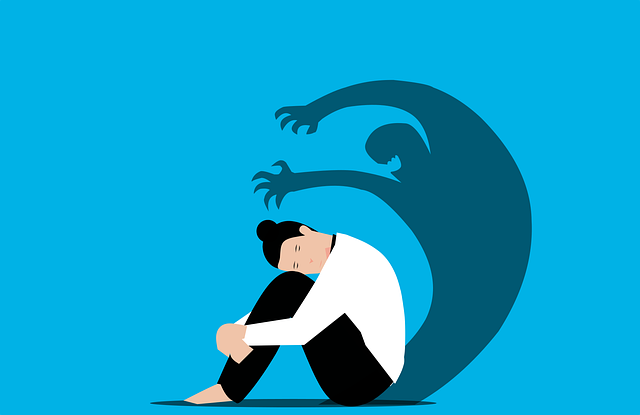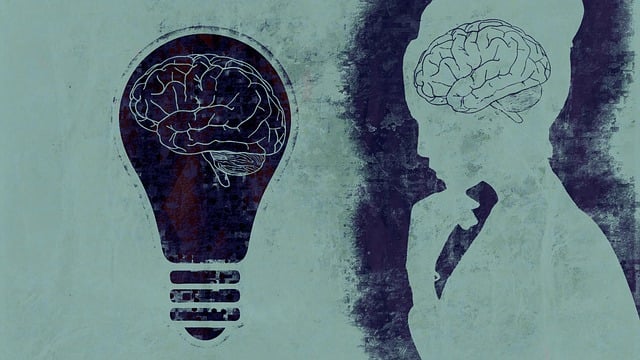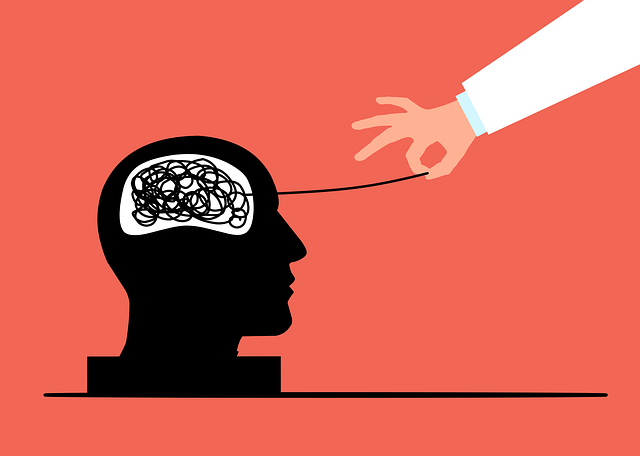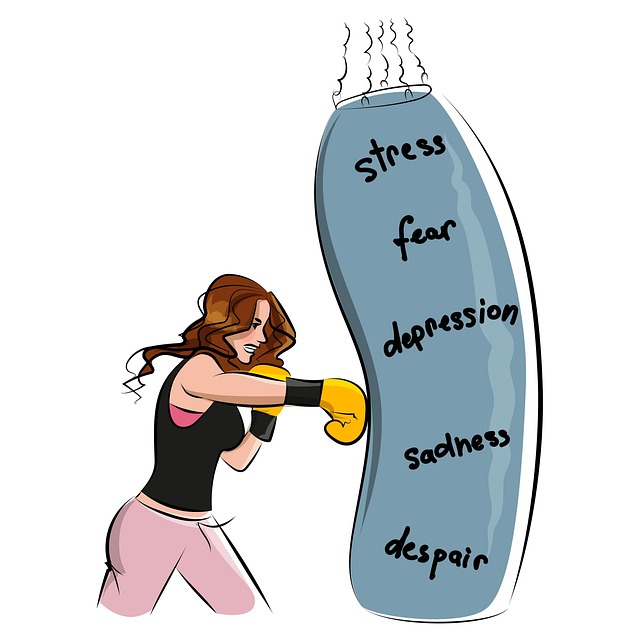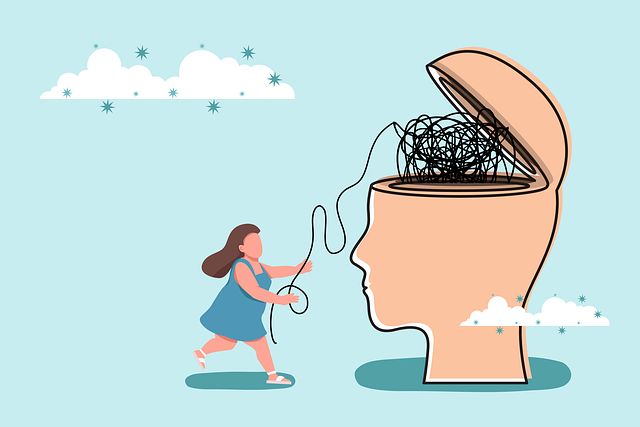Loss, grief, and bereavement profoundly impact mental wellness, making professional support vital. Lone Tree Couples Counseling Therapy offers a safe, compassionate space for individuals and couples to navigate these challenges through evidence-based practices, cultural competency, and holistic coping strategies. Their approach combines mood management, burnout prevention, and journaling exercises to guide clients through complex emotions, fostering resilience and healthy grief processing.
“Loss, grief, and bereavement can profoundly impact an individual’s life, making it essential to understand these processes and seek support. This comprehensive article delves into the world of coping with loss, offering a detailed overview of grief and bereavement. We explore the critical role that counseling plays in helping individuals navigate these difficult times.
Lone Tree Couples Counseling Therapy provides specialized care, as evidenced by its success in supporting clients through healing journeys. Additionally, we offer practical strategies for coping with loss, emphasizing tools for personal growth and recovery.”
- Understanding Loss, Grief, and Bereavement: A Comprehensive Overview
- The Role of Counseling in Navigating Difficult Times
- Lone Tree Couples Counseling Therapy: Providing Support and Healing
- Strategies for Coping with Loss: Tools for Recovery and Growth
Understanding Loss, Grief, and Bereavement: A Comprehensive Overview

Loss, grief, and bereavement are deeply personal experiences that can significantly impact an individual’s mental wellness. Understanding these concepts is crucial for anyone seeking support, whether through Lone Tree Couples Counseling Therapy or other forms of counseling services. Loss refers to the absence or removal of something valued, while grief is the emotional response to loss, often characterized by intense feelings like sadness, anger, and guilt. Bereavement, on the other hand, is the period of mourning that follows a significant loss, during which individuals work through their emotions and adjust to life without their loved one.
Effective counseling can help individuals navigate these complex emotions. Mood management techniques, such as those taught in burnout prevention strategies for healthcare providers, can empower people to cope with grief. Mental wellness journaling exercises can provide a safe space to express feelings and track progress. These tools, along with the guidance of a skilled therapist, offer valuable support during what can be an incredibly challenging time.
The Role of Counseling in Navigating Difficult Times

Navigating loss, grief, and bereavement can be a challenging journey, often leaving individuals feeling overwhelmed and alone. Here, counseling plays a pivotal role in guiding people through these difficult times. Lone Tree Couples Counseling Therapy offers a safe space for individuals to process their emotions, providing a supportive environment where they can begin to heal.
Through professional counseling, clients develop coping strategies tailored to their unique experiences. By fostering positive thinking and encouraging open communication, counselors help individuals manage their grief in healthy ways. Moreover, addressing underlying mental health concerns is essential, as counseling can prevent burnout and promote resilience during the bereavement process. This holistic approach ensures that those affected by loss receive comprehensive support, ultimately enhancing their ability to navigate the complexities of grief and find a path toward healing and recovery.
Lone Tree Couples Counseling Therapy: Providing Support and Healing

In the challenging journey through loss, grief, and bereavement, Lone Tree Couples Counseling Therapy stands as a beacon of support and healing. This specialized therapy provides a safe and compassionate space for individuals and couples to process their emotions, navigate the complexities of their loss, and find solace in understanding. Trained mental health professionals at Lone Tree offer more than just talk therapy; they facilitate a therapeutic environment that combines empathy, active listening, and evidence-based practices tailored to each client’s unique needs.
Through personalized sessions, clients engage in activities that foster self-awareness, coping strategies, and resilience. The therapy goes beyond the surface, delving into the profound emotional, psychological, and sometimes spiritual impacts of loss. By integrating mental health education programs designed with cultural competency training for healthcare providers, Lone Tree Couples Counseling Therapy ensures a sensitive and inclusive approach, addressing the diverse needs of a wide range of clients. This comprehensive care model aims to provide anxiety relief and equip individuals with the tools needed to rebuild their lives after profound bereavement.
Strategies for Coping with Loss: Tools for Recovery and Growth

Grief is a natural process that requires time and support to navigate. For individuals navigating loss, Lone Tree Couples Counseling Therapy offers valuable tools for recovery and growth. One effective strategy is empathy building, where therapists foster an understanding environment, allowing clients to express their feelings without judgment. This safe space encourages the exploration of emotions, promoting healing.
Additionally, integrating mind over matter principles can empower individuals to reframe their perspective on loss. Through cognitive techniques, clients learn to challenge negative thoughts and develop coping mechanisms tailored to their unique experiences. Moreover, burnout prevention strategies for healthcare providers are essential, as caring for others can take a toll. Encouraging self-care practices and setting boundaries helps professionals maintain resilience while supporting bereaved individuals.
In light of the profound impact loss, grief, and bereavement can have on individuals and relationships, Lone Tree Couples Counseling Therapy offers a vital support system. By understanding these complex emotions and providing specialized counseling, therapists empower those affected to navigate difficult times with grace and resilience. Through various coping strategies, individuals and couples can find healing and growth, ultimately transforming their experiences into meaningful journeys of recovery.
